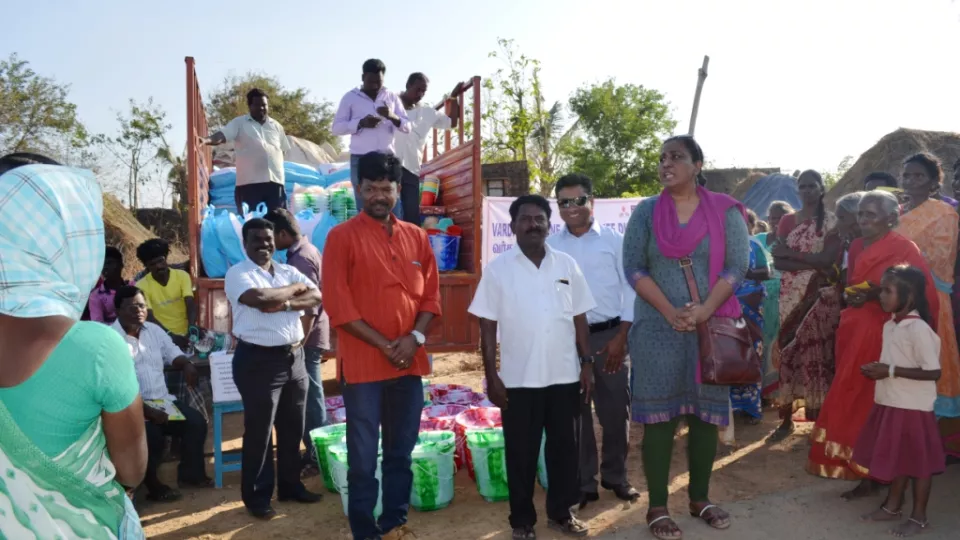The Disasters and Emergencies Preparedness Programme (DEPP) is a three-year, £40m programme jointly implemented by the Start and CDAC Networks that aims to significantly improve the quality and speed of humanitarian response in countries at risk of natural disasters or conflict related emergencies. This programme is very much aligned with sector-wide discussions around the need to shift the focus of aid investment towards crises prevention, preparedness and building national humanitarian capacity in order to reduce the damage caused by disasters.
In the past year, the DEPP has transitioned from its initial set-up phase to active implementation, and projects are now beginning to collect evidence around the many successes, challenges and results of their activities. This year’s DEPP Learning Report, produced by the DEPP Learning Project at Action Against Hunger, explores the extent to which the programme is leading to the changes it has set out to make. It does this by highlighting examples of key learning, reflections, successes and challenges from the 14 projects that make up the DEPP. This piece is aimed at both DEPP stakeholders as well as other humanitarian actors with a vested interest in emergency preparedness and response.

